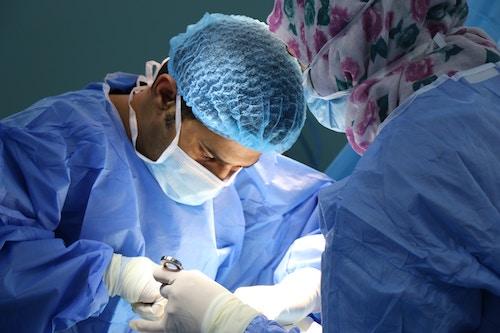The whole process of preparing and undergoing a heart surgery procedure is hard enough for the patient. Then comes the restlessness for getting back up on your feet as soon as possible. But every medical procedure demands a proper resting time so that you recuperate completely. So what comes after the surgery is as important as the procedure in order to gain a good health status. The recovery also depends on the type of surgery one is undergoing. Open procedures require more care and healing time than minimally invasive cardiac procedures.
Therefore it becomes essential to understand the following points:
Follow per-operative instructions
Depending on your condition, the surgeon may suggest certain lifestyle changes or recommend particular medicines to prepare your body for the surgery. Smoking and over-weight could be a problem, so stop smoking and take steps to watch your weight. Follow the instructive given by the care team.
What to expect when you wake after the surgery?
Immediately after the surgery, you will be taken to the ICU with medical support staff to monitor and care for you. The breathing tube will be removed after 24 hours. There will be bandages over the incision and the area will feel sore for a while, although if there is a pain the nurse can give medication.
Points to remember for a quick and smooth recovery
You will be discharged from the hospital within a week or 10 days and asked to follow certain instructions:
Follow a diet plan
It is important to have a well-balanced diet with fruits, vegetables and enough fibre during the recovery period. You may have a poor appetite or feel sensitive to the smell or taste of certain food. But it will improve with time and the appetite will return. If a certain diet plan has been given by the hospital team, it is important to follow that and make changes in your eating habits.
Move it
One can start with small activities like light walking in the beginning and gradually increase the time and activities with your recovery. The first, movement will be less but by the end of the month, there is significant progress. Be patient with your progress and do not over-commit but don’t keep lying on the bed as well. For the first month, it is advisable to not pressure on the chest and to not drive. The most ideal form of exercise would be walking and increase the time as you start feeling more comfortable.
Pain Management
It is quite normal to feel discomfort and slight pain in the area initially. There will be soreness and stiffness around the muscles of the chest and back for a while and usually, pain relief medication is given for it. But with time the muscles will begin to relax and become normal, and you should cut down the medication as recommended by the doctor. Some exercise and stretching may be suggested to help relax the muscles.
Wound care
It is necessary to look and care for the wound, apply proper dressings and keep the area dry while bathing. Avoid using aromatic soaps, cleanser or perfumes. It is normal if the scar feels itchy and numb, but avoid scratching as it can lead to infection. You should call the doctor if any of these signs of infection are there:
- Redness and swelling
- Peeling at the edges
- Fever
- Pain in the breast bone or feeling of popping or shifting of the bone
Sleep well and rest up
Rest is significant for good healing. Your sleeping pattern may get disrupted after the surgery and it may take some while to go back to normal sleeping habits. Make yourself comfortable with the help of pillows and relax your mind, you will be able to fall into a sleep routine soon. Some people also complain of bad or strange dreams, this is normal because of the effect of anesthesia and operation, and will go away in some time.
The important thing is to listen to your body’s need and adjust accordingly, consult the doctor when there is too much pain or signs of infection, and follow the recommendations.
















